Diabetes and Prediabetes - 5 Simple Steps to Let Go of Your Fears. Podcast Episode 19
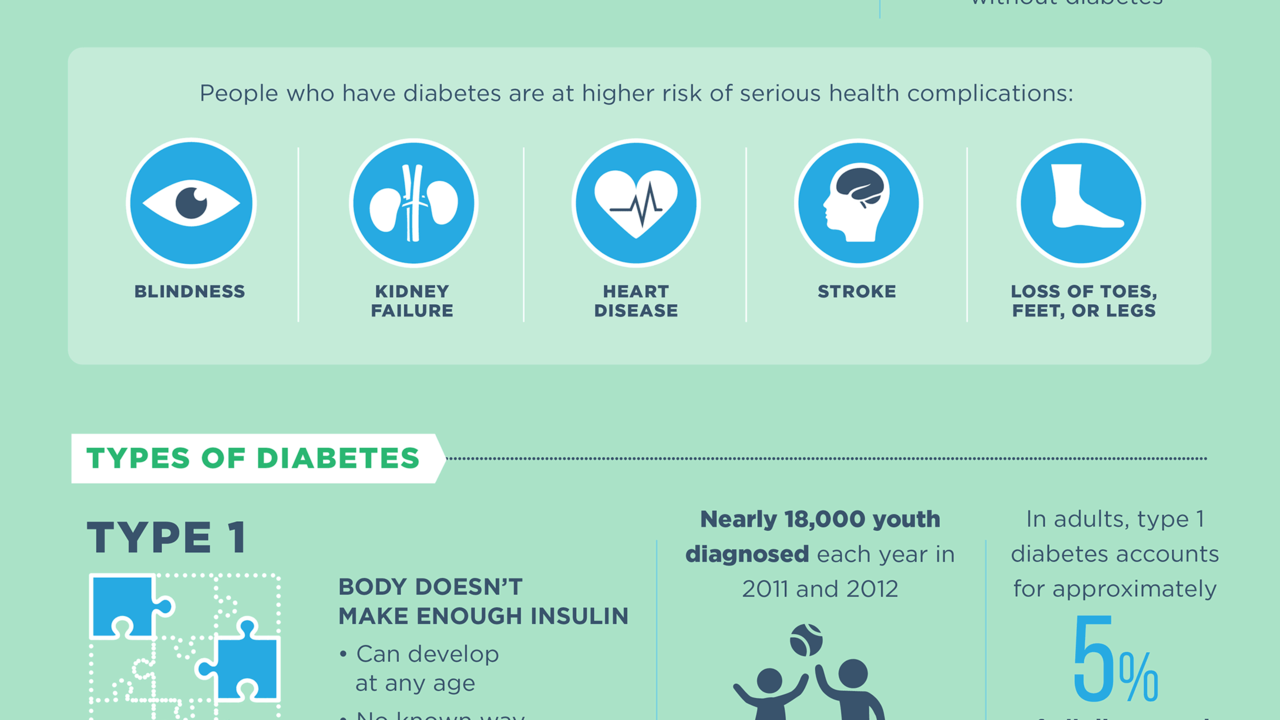
With Prediabetes and Diabetes on the Rise, 5 Things You Must Know
- More than 100 million U.S. adults are living with diabetes or prediabetes.
- Worldwide there are 422 million people with diabetes. With 1.6 million deaths a year directly attributed to diabetes.
- Nearly 1 in 4 four adults living with diabetes don’t know they have the condition. That’s 7.2 million Americans. Only 11.6 percent of adults with prediabetes know they have it.
- It’s important to raise awareness of diabetes.
- Left without intervention, prediabetics is likely to develop diabetes within 5 to 10 years.
Are You at Risk of Diabetes?
You can get screened for diabetes and prediabetes. If you have risk factors such as having a family history of diabetes, high blood pressure, high cholesterol, inactive and overweight. I recommend that anyone over the age of 40 should be screened.
Risk Factors Include:
- Family history
- High blood pressure
- High cholesterol
- Being inactive
- Being overweight (especially belly f...
What I Teach. The Core Points of My Teaching. Podcast Episode 18.
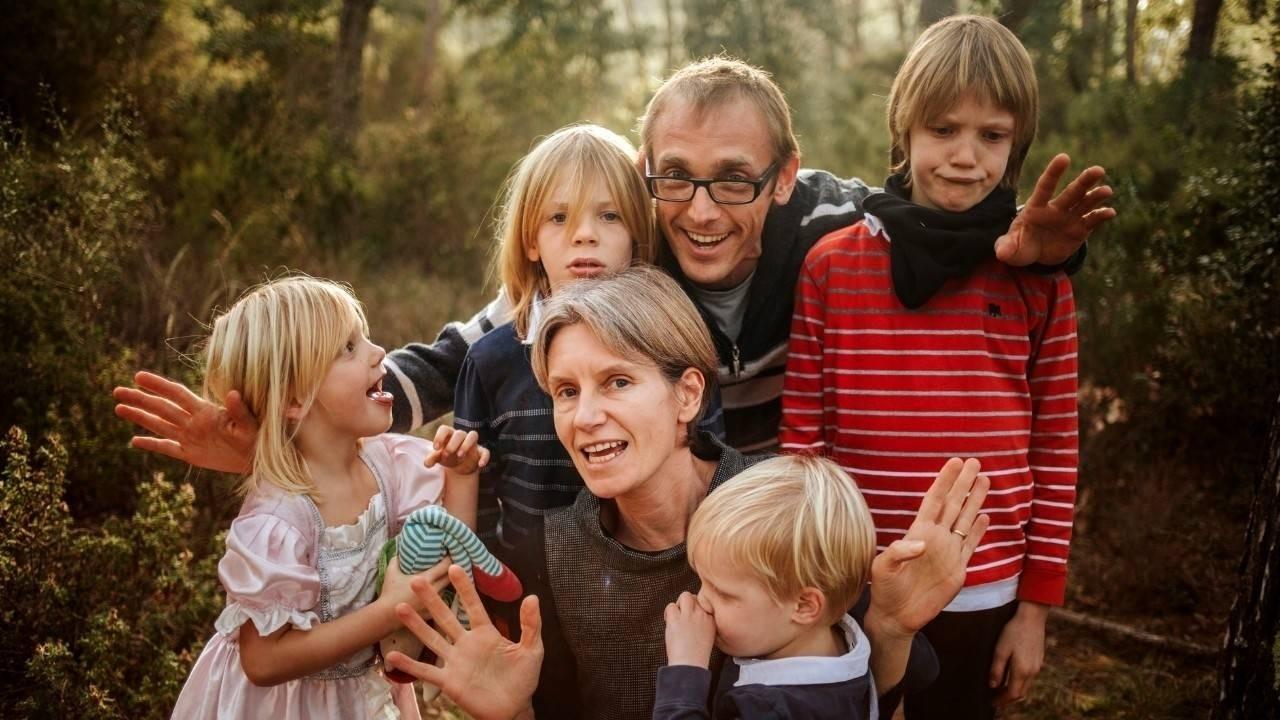
Join the Fit and Fabulous Free Membership Site
You can sign up here to join the site for free.
Sign Up for the Free Workshops Starting on Tuesday May 14th
You can find out more here.
Our Health is In Our Hands
The pillars of our health are diet, exercise, sleep, emotional health and mindset.
Diet Is Pillar Number 1
Eat lots of vegetables and less packaged foods!
Exercise is Pillar Number 2
Movement is life!
You don’t have to do heaps of exercise.
Sleep Is Pillar Number 3
We’ve only recently come to realise how important sleep is to our health and productivity.
Emotional Health and Mindset are Integral to Our Wellbeing
Alcohol is Very Damaging to Our Health
See: How to Love Your Life Without Alcohol
2.Daily Routine is Everything
The small things add up to make or break our healthy lifestyle.
3.Value What You Have
It’s so easy to undervalue what we have. We all have something that we can be grateful for.
We need to take time to appreciate the good things in life...
How to Lead an Amazing Life. Podcast Episode 17.
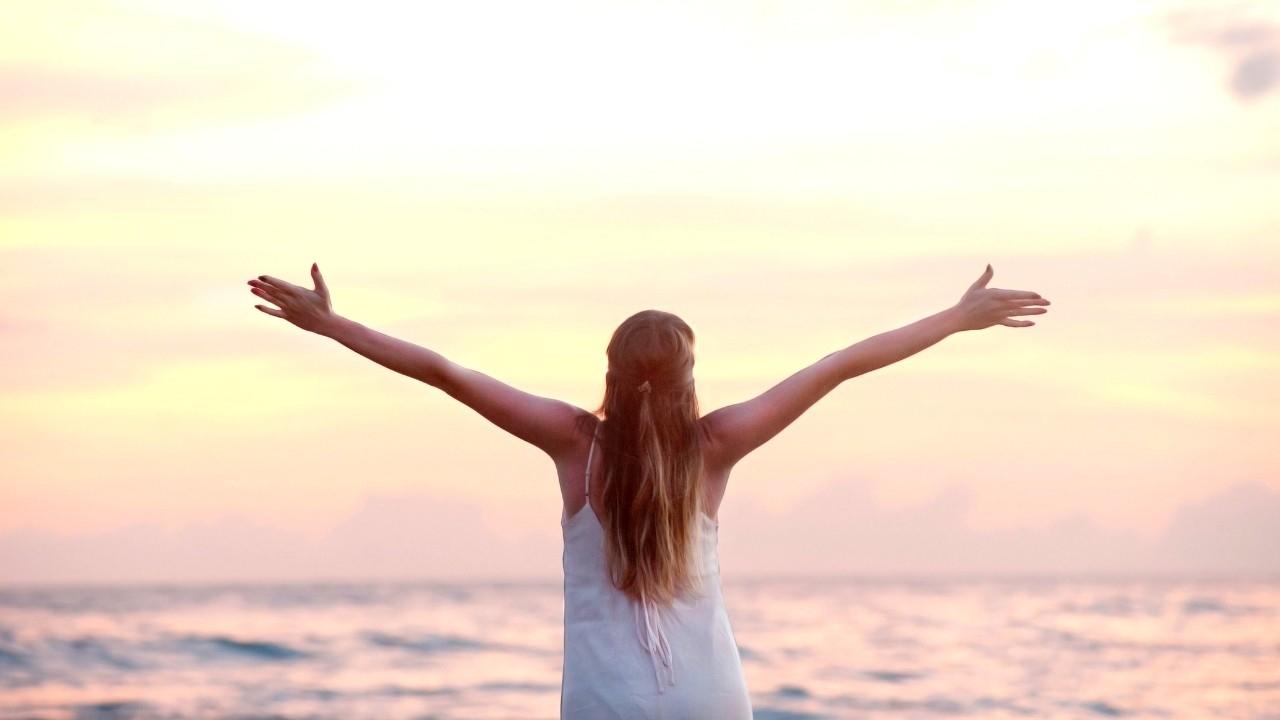
How do you create your dream life?
Whether you want to lose weight, get more fit or be happier, you have to make a plan.
And stick to it.
In today's episode, Dr Orlena tells her story of how she transformed her life and gives you the tools to start your transformation.

How to Lead an Amazing Life Podcast
Join the Fit and Fabulous Free Membership Site
You can sign up here to join the site for free.

Author Bio
Dr Orlena is a health coach. She helps busy mums go from "I can't lose weight" to feeling fit and fabulous. Find out more about her here.
How to Love Your Life Without Alcohol. Podcast Episode 16
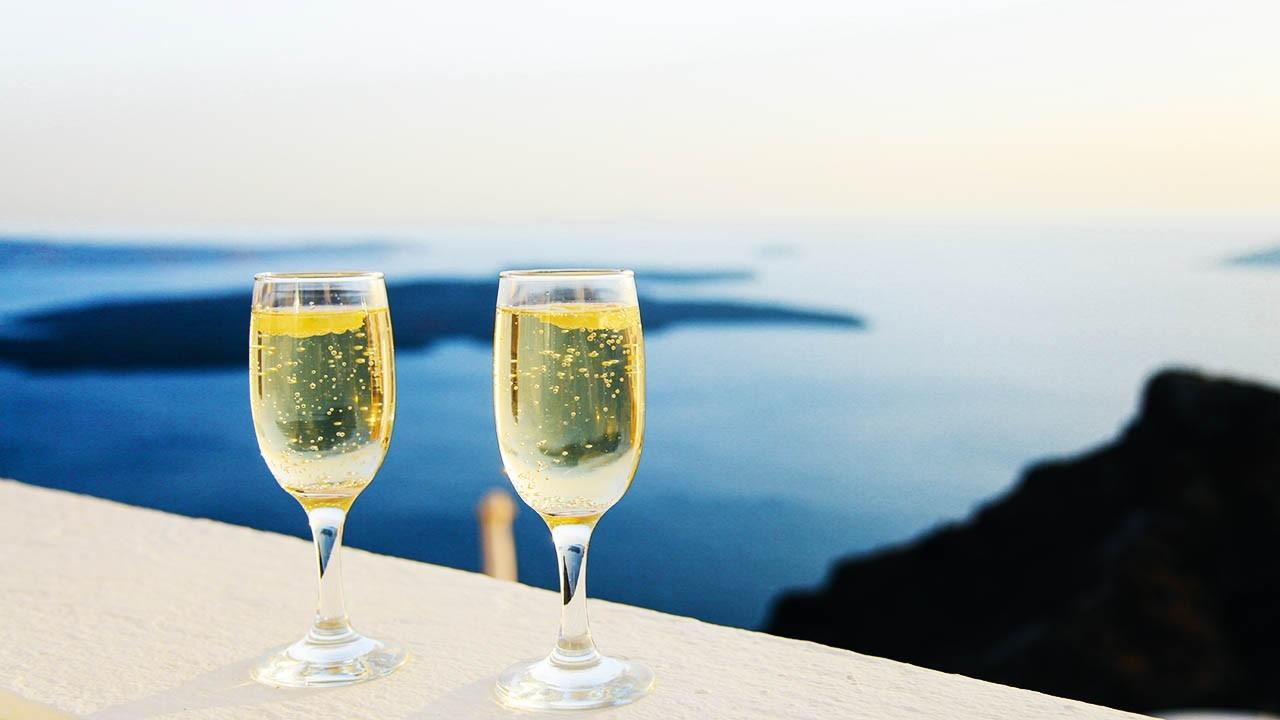
Alcohol is widely accepted in society today. It’s considered normal to drink large amounts of alcohol because it’s fun and helps us to socialise.
We’ve all been there. I don’t know about you but I look back on my University years and my liver shudders. Medical students are some of the worst offenders when it comes to alcohol consumption.

Alcohol is Bad For Us
The sad thing is that alcohol is bad for us. I know many people don’t like to think about it but alcohol damages our bodies.
Much easier just to pour yourself another beer and forget about the consequences.
Alcohol is a risk factor for many cancers. Drinking alcohol in excess damages our livers, pancreas, hearts and immune system.
(For more horrible details of what alcohol can do, check out this article.)
See also: Reducing Your Risk of Cancer with Diet. Podcast Episode 11.
What is “Excess” Alcohol?
The problem is that none of us think we drink in excess. We think everyone else drinks in excess!
It’s true that studie...
How to Create Habits that Serve You. And Help You Live a Healthy, Amazing Life. Podcast Episode 15.
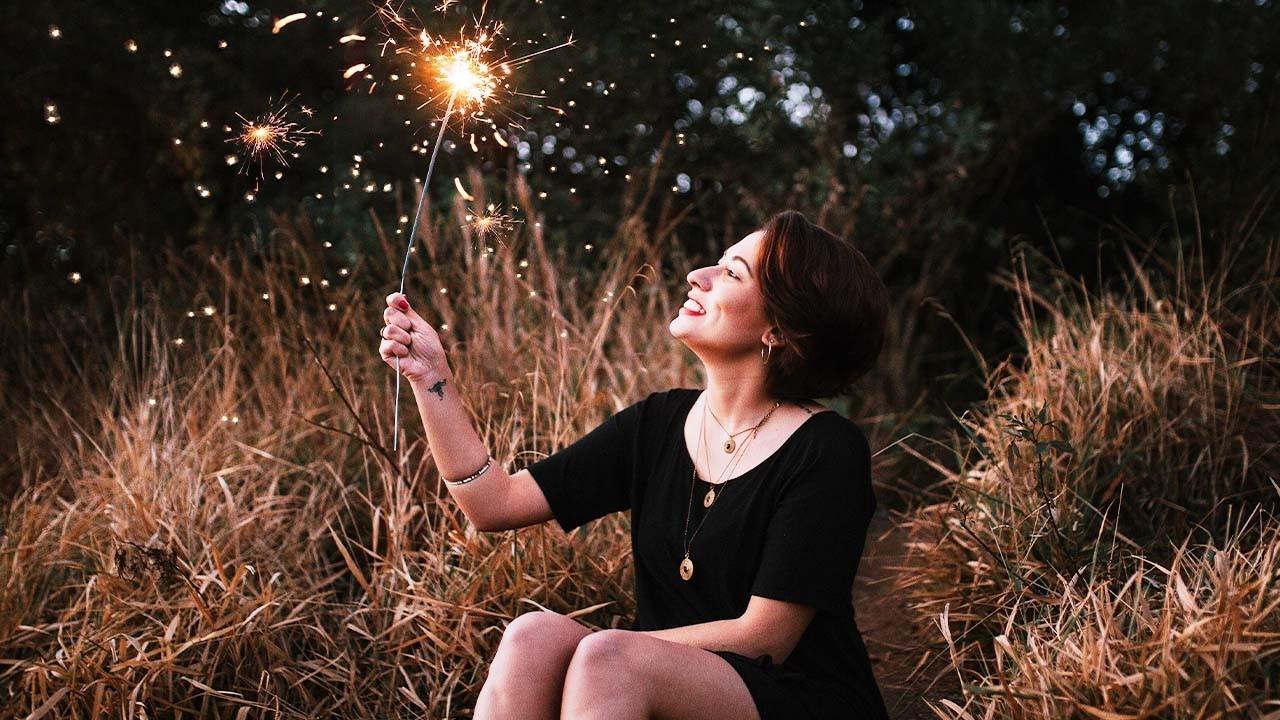
We are creatures of habit. We do most of our daily actions out of habit. Without thinking.
This means that habits can help us feel better, get more fit and healthy.
Or they can make us feel worse. Eating out of habit. Not exercising out of habit.
Once we’re “in a habit”, it’s easy to maintain.
But why do we so often think, “I can’t be bothered to create that habit”?
Often it’s because we can’t see the benefit in that small action.
We only look at the “10 minute walk” and think, “how is that going to make a difference?”

How to Make Habits That Serve You Podcast
The Compound Affect of Habits
Instead of looking at the result of doing the habit once, we have to look at the result of doing the habit over a longer period of time.
What will happen if I do 10 minutes of yoga every day for a year?
Rather than looking at just 10 minutes of yoga.
Next Time You Think You Can’t Be Bothered With a Good Habit
Stop and have a think. Will this habit serve you in the long run? If so, ...
How Magic Words Change Your Actions. Podcast Episode 14.
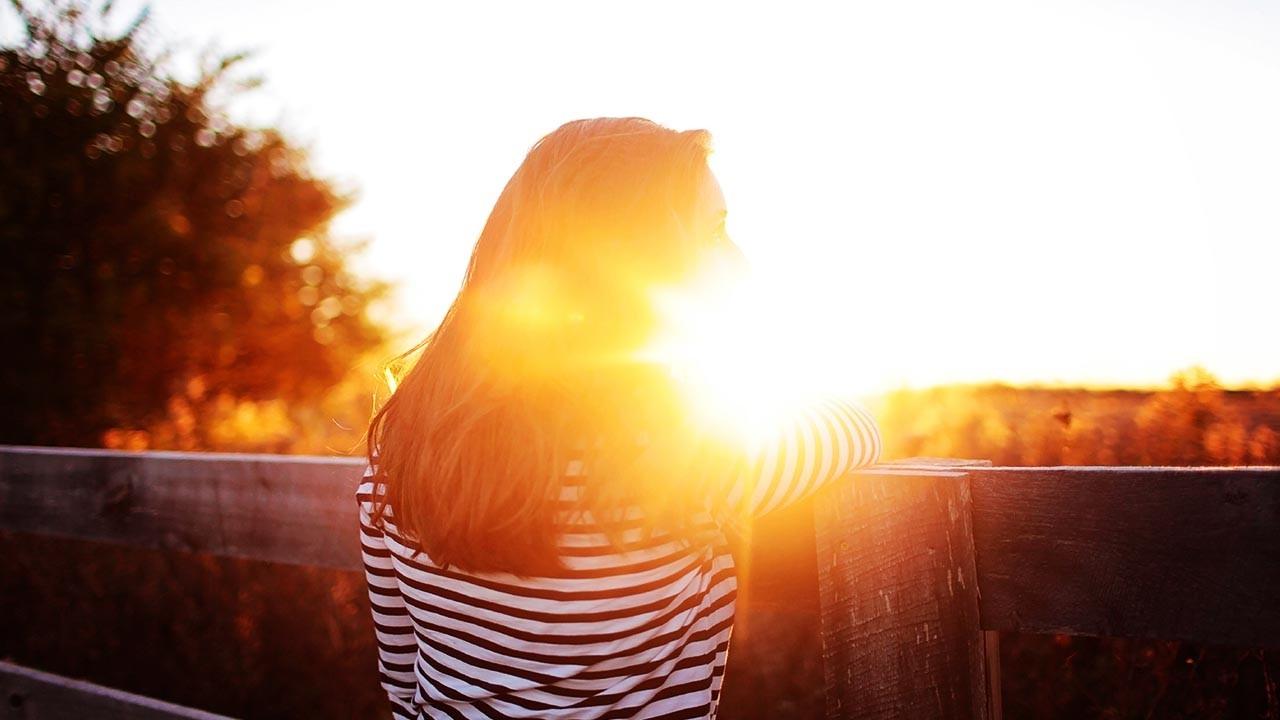
The way we talk to ourselves can have a powerful impact on the actions we take.
I introduced the “thought/ emotions/ action” circle in podcast episode 2, “Letting Go of Anger”.
Change Your Actions with Magic Words Podcast
We Want to Feel Emotions Without Being Overwhelmed
A great analogy is being on a raft in the “river of emotions”. When we are overwhelmed by emotions, we’re swept along with the current.
When we understand how our emotions work, we’re able to steer our raft down the river. The swirls of emotions will affect our raft, but we’ll be able to steer it where we want to go.

My Kids Demonstrate How We Talk to Ourselves Affects Our Actions
Kids can teach us so much about how our minds work.
When my daughter was learning to ride a bike, she kept telling herself that she couldn’t do it. Despite the fact that she could.
Another example is my son who tells himself that he doesn’t like certain foods. (There are some instances when we truly don’t like foods and oth...
Reducing Your Risk of Cancer Through Lifestyle With Dr Mhairi Morris. Podcast Episode 13

In this podcast episode we’re looking at how to reduce our risk of cancer with lifestyle. Today’s message is that there are so many things that you can do. So many things that you can do that are easy!
Today I am talking to Dr Mhairi Morris, lecturer at Loughborough University UK and founder of Essential Cancer Education.
Reduce Your Risk of Cancer Podcast Episode 13
How to Reduce Your Risk Of Cancer with Lifestyle
- Exercise
- Don’t smoke.
- Avoid sun damage.
- Be a healthy weight.
- Sleep 7-8 hours a night.
- Avoid “bad stress”.
- Breastfeed
- Don’t take HRT.

How Exercise Can Reduce Your Risk of Cancer
Exercise can help you to not get cancer in the first place. It can reduce the risk of getting a second cancer. It can also help treatment to work better.
Exercise is part of a healthy life.
In contrast, a sedentary lifestyle increases your risk of cancer.
The Geeky Stuff
- Exercise can prevent cancer growth.
- Exercise can kill “wobbly cancer” cells.
- Exercise increases Natur ...
How to Make Big Changes. Podcast Episode 12

It's easy to let the stresses of life overwhelm us. Our lives in modern society are busy and stuffed full of "things to do". We often don't even notice the underlying stress.
How to Make Big Changes Podcast
Today I want to tell you how I realised that I was in a chronic state of stress and anxiety. I wasn't showing up as the parent, wife or person that I wanted to be.
At times overwhelmed swept over me. Leaving me frustrated and angry.
I snapped at my kids.
I whined at my husband.
I sabotaged myself.

Why Do We Get Stuck in Negative Behaviour?
Why would I do that you ask?
Because our brains are wired to be negative. It's easy to get into a spiral of negative thinking.
When you're aware of it, you can stop it and replace it with helpful and positive behaviour.
My journey started when I looked at my family and wanted to create a "harmonious and loving family".
I started by working on myself. Including loving myself and prioritising my own needs.
What Do You Want t...
Reducing Your Risk of Cancer Through Diet with Dr Mhairi Morris. Podcast Episode 11

We all want to reduce our risk of getting cancer. It can be difficult to wade through the conflicting advice and sensational headlines.
Today I am talking to Dr Mhairi Morris, lecturer at Loughborough University UK and founder of Essential Cancer Education.
Mhairi explains (in simple terms) the current research. Which foods and diets will increase your risk of cancer, which won’t and which need more research to decide.
Cancer and Diet Podcast

Good Cancer Diets
There is enough evidence to say that these diets can help reduce our risk of getting cancer.
- Ketogenic (high fat diet that works on keto genesis rather than carbohydrate metabolism)
- Mediterranean Style Diet (see Episode 1 The Health Benefits of the Med Style Diet.)
- Intermittent Fasting
You can combine intermittent fasting with either the ketogenic or Med Style Diets.
Mentioned by Mhairi: The Longevity Diet by Volter Longo
Stopping Eating After 8pm Can Reduce Your Risk of Breast Cancer
Easy to do if you e...
Why Your Health Is a Powerful Reason to Lose Weight. Podcast Episode 10
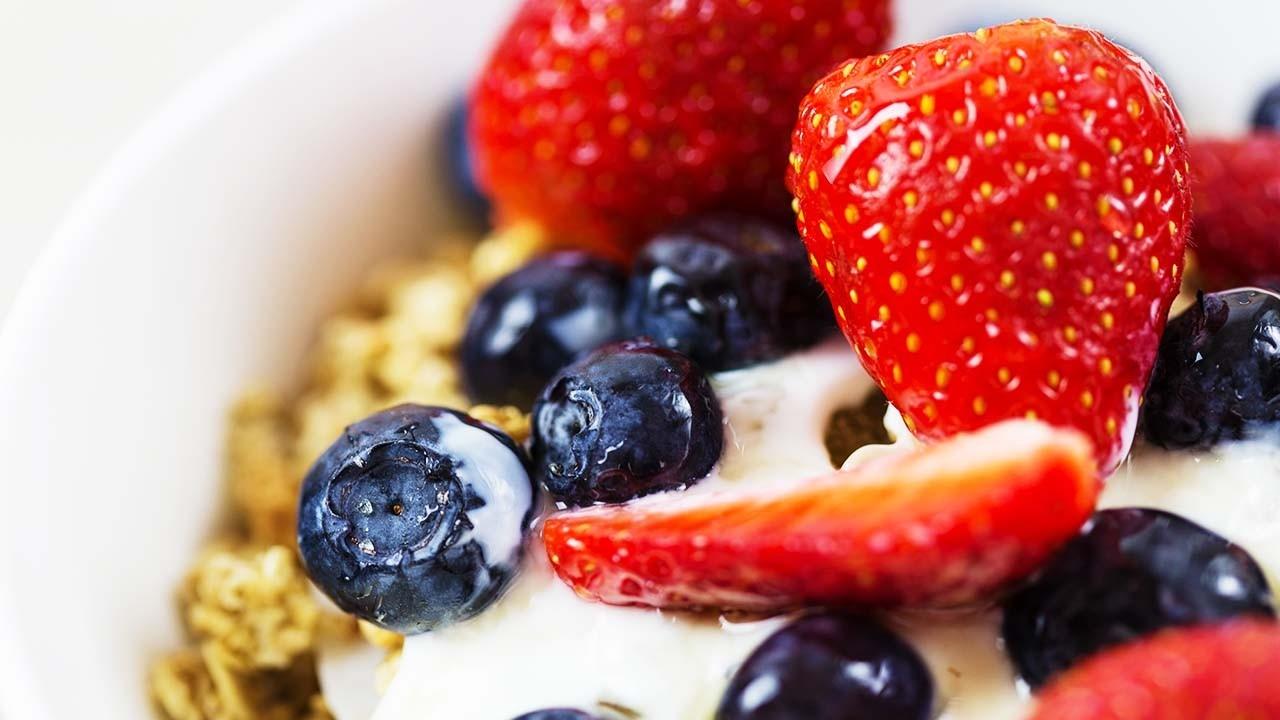
Today I want to talk about why you should bother to lose weight. Many people want to lose weight to look good or feel confident. These are powerful motivating reasons. But there is one reason that trumps them all. Your health!
Health and Weight Loss Podcast
I Was Listening to Two Women Talking About Losing Weight
One of the women had struggled with weight loss and was now a healthy weight.
Both women had struggled with “the inner critic” and had learnt to accept their bodies.
The second woman accepted her body and described herself as “fat”. She was content with her body and didn’t feel the desire to lose weight.

Losing Weight Starts With Self Acceptance
Both women started their “weight loss journey” by accepting the bodies. They learnt to love themselves. And to approach weight loss from a place of love rather than criticism.
I 100% agree with this philosophy.
We don’t teach our children by shouting at them. We know that it’s far more affective to encourage them with...






